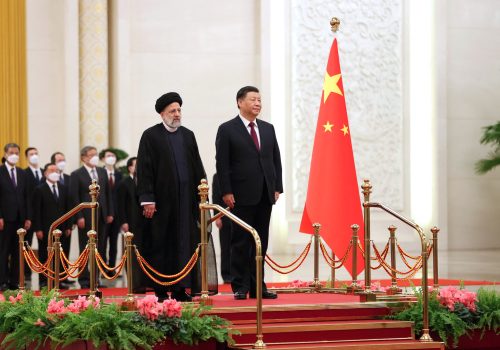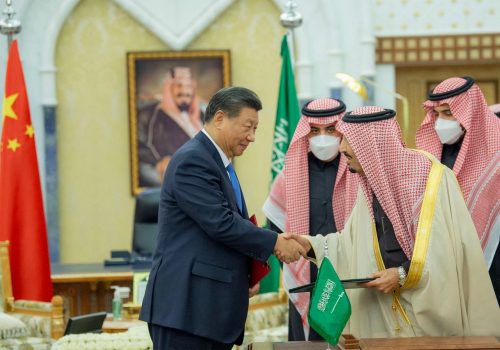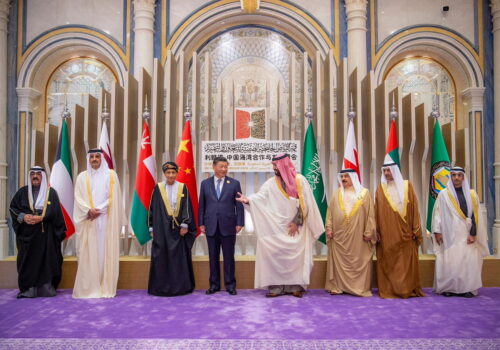The Political Thought of Xi Jinping and Its Impact on MENA
SUBSCRIBE TO THE CHINA-MENA PODCAST ON THE APP OF YOUR CHOICE
Key takeaways
- Xi Jinping’s Vision versus Other Global South Leaders
- China’s Redefinition of International Order
- The Ideology of Xi Jinping Thought
- Global Diplomacy and Foreign Policy under Xi Jinping
- Belt and Road Initiative and Global South Relations
Chapters
00:00 – Introduction
04:17 – China’s Political Evolution under Mao and Beyond.
09:16 – Evolving Chinese Economic System: State vs. Private.
12:19 – Xi Jinping Requires Widespread Support for His Ideology.
14:39 – Xi Jinping’s Vision: Unity, Control, National Rejuvenation.
21:32 – Xi Jinping Aims to Reshape Global Power Dynamics.
24:07 – China’s Leading Democratization of International Order and Global South.
29:58 – Overview of China’s Global Engagement and State-centric Approach.
34:03 – Global South: Diversity, India-China Tension, Leadership Struggle.
39:15 – Navigating Soft Power and Wolf Warrior Diplomacy Under Xi Jinping
44:58 – Steering China’s Assertive Stance and Western Relations
49:10 – Outro
In this episode
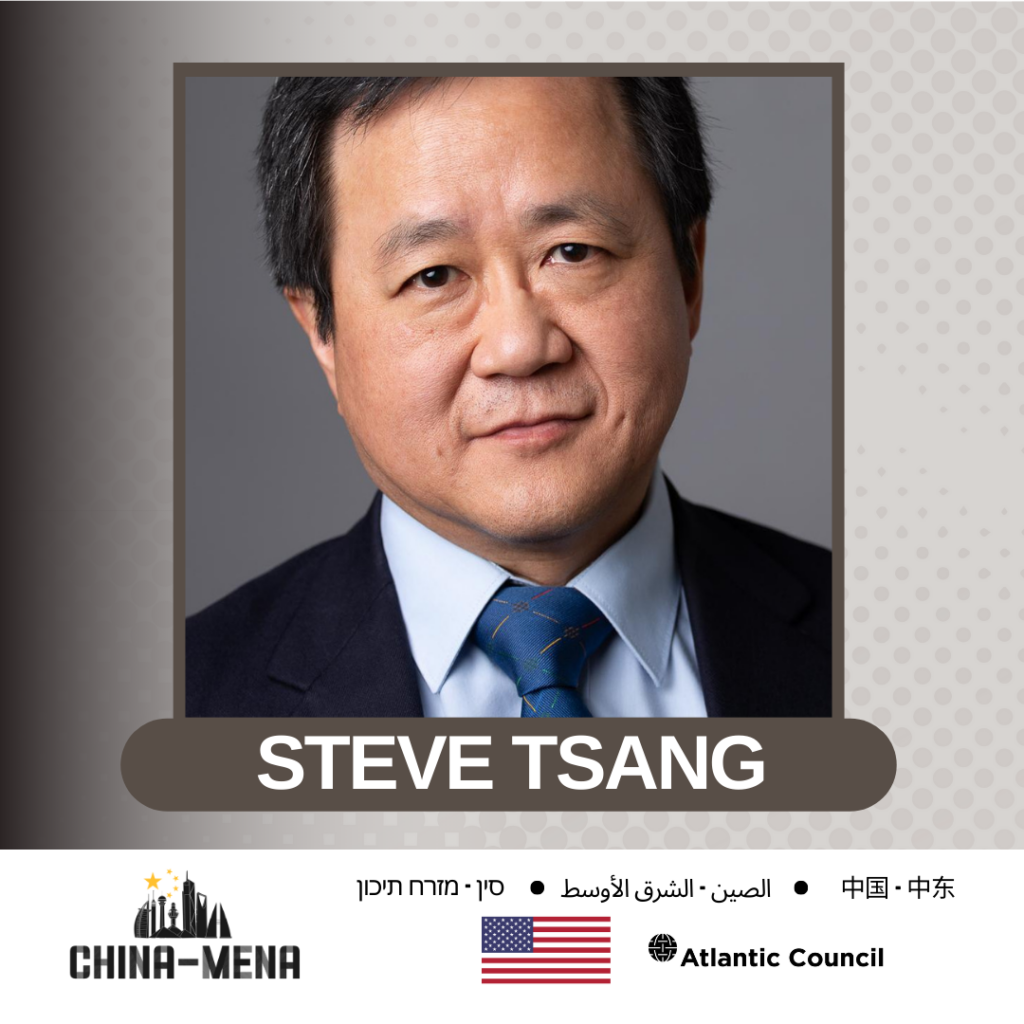
Steve Tsang
Director, China Institute
School of Oriental and African Studies (SOAS), University of London
Steve is the Director of the SOAS China Institute. Before taking on his current position in 2016, he was the Head of the School of Contemporary Chinese Studies at the University of Nottingham, and before that, he was a Professorial Fellow at St Antony’s College, Oxford. He is also an Emeritus Fellow of St Antony’s College and has testified at various select committees of the House of Commons, the House of Lords, and the Canadian House of Commons. He is a frequent commentator for the BBC, and has appeared on Sky News, Channel 4 News, Channel 5 News, Voice of America, France 24, Channel News Asia, CNBC, Al Jazeera, and various podcast series.
His book, The Political Thought of Xi Jinping, was published by Oxford University Press in 2024. An authoritative examination of “Xi Jinping Thought”– now the official dogma of the Chinese Communist Party–that marshals Xi’s personal words and writings to reveal his plan to make “the China Dream of national rejuvenation” a reality in the coming decades.
About
Join us for this latest episode as we delve into Xi Jinping’s political philosophy, what it means for China, and how it resonates in the Middle East and North Africa. Discover Xi’s doctrine using original research of Xi’s speeches and personal writings and how it propels a new state ideology, autocratic alliances, and conflicts with leaders like India’s Modi.
Delve into power dynamics, internal party debates, Xi Jinping’s quest for superpower status, and where China might be headed in coming years, exploring its impact on the MENA region.
Hosted by
Xi Jinping thought is about forging within China, one country, one people, one ideology, one party, one leader, in order to governize all the capacity within that one country to deliver the China dream of national rejuvenation by the end of 2049
About the China-MENA podcast
The China-MENA podcast features conversations with academics, think-tankers, and regional specialists on Chinese Influence in the Middle East and informs US and MENA audiences in the policy and business communities about the nature of China’s outreach to the region.
At a time when China’s global footprint is getting deeper and deeper, it has never been more important to understand its foreign policy and the Middle East is one of the world’s most consequential regions: home to major religions, diverse cultural and social heritage, central to global energy markets, and of course, geopolitics, linking people and markets in Asia, Africa and Europe. This show will help you understand what China is doing in the region, and how the region is engaging with China as an increasingly important external power.
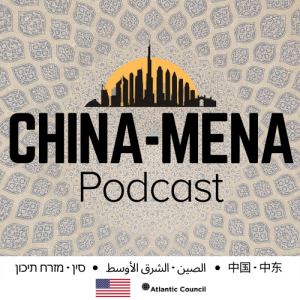
Podcast series
Listen to the latest episode of the China-MENA podcast, featuring conversations with academics, government leaders, and the policy community on China’s role in the Middle East.
Recommended reading
This podcast was funded in part by a grant from the United States Department of State. The opinions, findings, and conclusions stated herein are those of the author and do not necessarily reflect those of the United States Department of State.
Image: China's President Xi Jinping speaks at the "Senior Chinese Leader Event" held by the National Committee on US-China Relations and the US-China Business Council on the sidelines of the Asia-Pacific Economic Cooperation (APEC) summit in San Francisco, California, U.S., November 15, 2023. REUTERS/Carlos Barria/Pool








